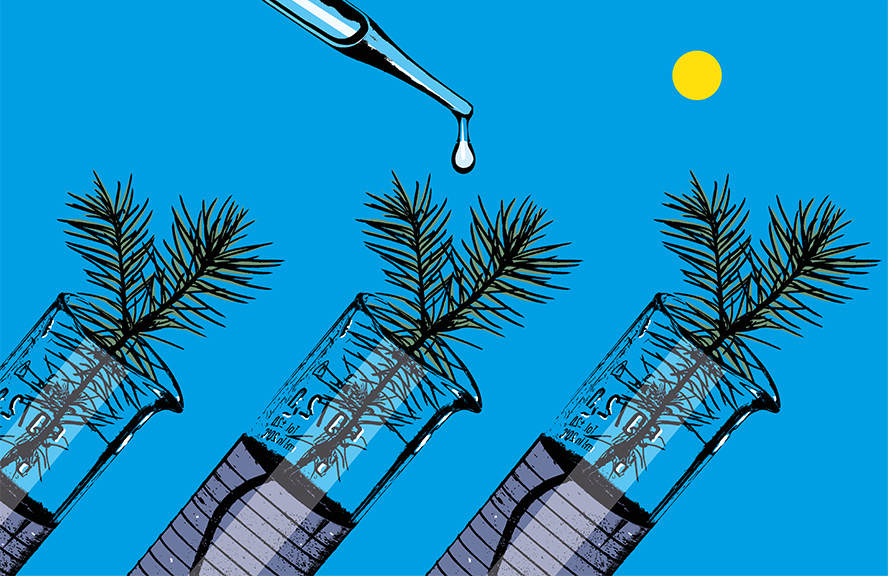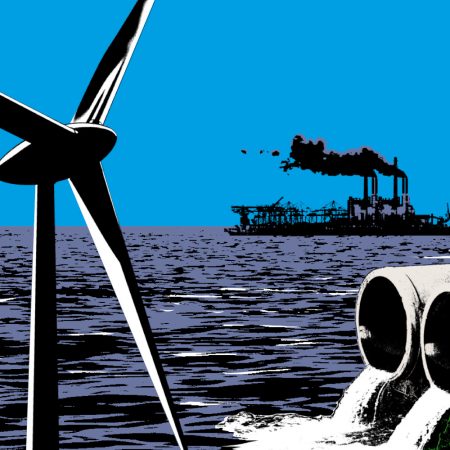The future of food: AgTech and FoodTech
Of all the sub-sectors that feed into the Savills Tech Cities index, AgTech and FoodTech are among the most influential. We are what we eat – and what we eat is changing for a host of reasons ranging from climate change to affordability.
AgTech and FoodTech are less visible in the media than ClimateTech or Deep Tech. However, they address some of the biggest challenges facing humanity.
Extreme weather and war
Global warming and geopolitical tensions are making farming harder than ever before. The Russia-Ukraine war reduced the supply of wheat last year, while yields plummeted by 10-15 per cent in India due to extreme temperatures. As we struggle to combat climate change and feed a growing global population, innovative solutions such as alternative proteins, indoor farming and synthetic soils are just some of the solutions which may be critical to our future survival.
These technologies address the intersecting issues of planetary health, human health and social equality. We cannot achieve net zero without addressing how we produce food. Improving our patterns of food consumption will help to alleviate health crises such as diabetes – more prevalent among deprived populations – and shift the balance in healthcare towards prevention rather than just treatment.
Solutions and regulation
Across the globe, the AgTech and FoodTech sectors are developing solutions that preserve our natural capital, manage our water supply and optimise food production from farm to fork. Cities in the Savills AgTech and FoodTech index range from large urban centres, such as Singapore, New York and London, to the smaller hubs of St. Louis and Hangzhou.
Regulation is an important harbinger of change, and the triple helix of government, academia and corporate activity typically underpins these tech cities. These are all key for creating a dynamic ecosystem. Beyond that, the cities exhibit high values in either or both of the two indicators for the Savills AgTech and FoodTech index: contribution of agriculture to GDP at the city level; and agricultural imports per capita at the country level.
Savills Tech Cities AgTech and FoodTech Index
Source: Savills Research
Cities and food dependence
Hangzhou and St. Louis have strong agricultural industries and low food imports. By contrast, Singapore has the lowest contribution by agriculture to GDP of all the AgTech cities and the highest agricultural imports per capita. The desire to reduce its dependence on agricultural imports and achieve food security has made Singapore a leader in areas such as vertical farming – including an eight-storey fish farm – and lab-grown protein.
The US faces a different set of issues. Its size means it can produce a variety of agricultural products domestically, but transportation exacts a high material and environmental cost. With its large pool of investors, New York performs well in the business environment segment of the Savills AgTech and FoodTech Cities Index, but San Francisco has the highest level of funding ($7 billion) and number of deals (240) in the past three years.
Technologies and life sciences
AgTech and FoodTech address a broad range of issues, encompassing smart waste management, packaging, carbon capture and desalination, as well as more obvious farming- and food-related problems. The implications for better health outcomes mean there is a strong link between these technologies and life sciences.
This sector reaches its apex with Foodvalley NL in Wageningen in the Netherlands. Wageningen is part of a ring of cities that includes Amsterdam and nearby Eindhoven; as a region, they form one of the world’s most important food research hubs.
Drawing on the Netherlands’ long experience of producing surplus crops from a small landmass, Wageningen is attracting investment from multinationals and startups in a supportive regulatory environment.
More compact hubs are emerging, too. The Berlin Food Campus is an exemplar of the form, combining 15,000 square metres of partial-glass food production with office space, shops and canteens. Within these multi-use spaces in AgTech and FoodTech Cities, the future of food, farming and planetary health is taking shape.



